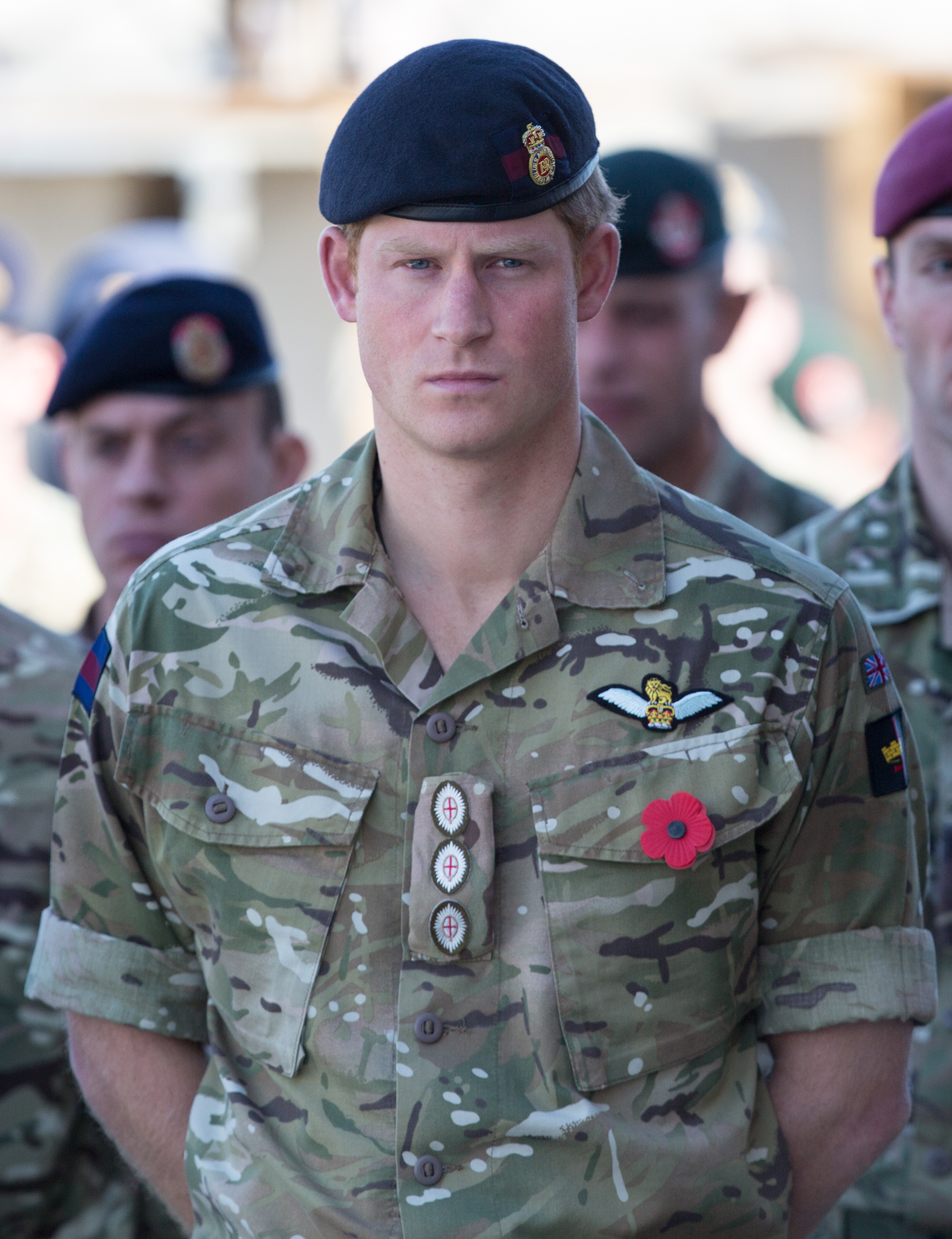
Prince Harry is to leave the armed forces later this year, PEOPLE has learned.
The prince, who is known as Capt. Harry Wales in the military and served two tours of Afghanistan, wants to devote himself to continuing his work helping injured servicemen and women find new jobs or continue to contribute in the services.
That is a role he is currently doing in the army, PEOPLE reported January. “He is fired up by this work,” says a source who knows him well.
The job is helping Harry, 30, gain an understanding about how the system works and how he can help those who are serving or have served in the armed forces. There are still details to be ironed out about how he might carry on post-forces. But one thing is certain – it is an area he is passionate about “both personally and professionally,” the source tells PEOPLE.
“He feels he can use his position to help in the future, regardless of his military role.”
Also on his mind is his continuing love for Africa and helping young people in Lesotho through his charity Sentebale – and he will continue to give much of his time to that.
Before he leaves the army, Harry is planning to go to Australia to work with the military there. “There is a well-established model between the Ministry of Defense and the Australia Defense Force in sharing experience,” a source adds.
He has also developed close links through his Paralympic-style Invictus Games and other work.
Harry’s leaving the army was first reported by the London Evening Standard, which says he would like to spend a lot of time in Africa, working on conservation projects and continuing to support his charity in Lesotho.
Africa will “always be part of his life, through Sentebale, his charity, and the love of the continent,” the source adds. “He will go there, of course.”
A spokesman would not confirm the prince’s reported plans. “Prince Harry is currently focused on his work supporting the Ministry of Defense’s recovery capability program to ensure those who are wounded injured or sick have appropriate recovery plans and the necessary support they require,” said the rep.
“It’s a natural progression from the work he did organizing the Invictus Games. This involves working alongside case officers in London District’s Personal Recovery Unit and visiting various recovery centers and partner agencies (like Forces charities and the [public] health service) around the country.”
This article originally appeared on People.com.
More Must-Reads from TIME
- Cybersecurity Experts Are Sounding the Alarm on DOGE
- Meet the 2025 Women of the Year
- The Harsh Truth About Disability Inclusion
- Why Do More Young Adults Have Cancer?
- Colman Domingo Leads With Radical Love
- How to Get Better at Doing Things Alone
- Michelle Zauner Stares Down the Darkness
Contact us at letters@time.com